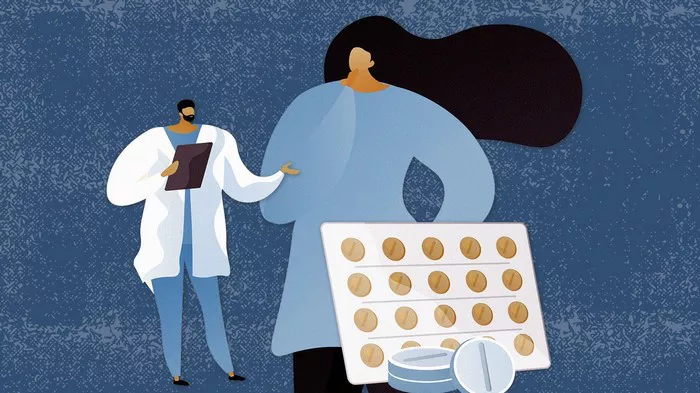Groundbreaking research has uncovered a significant link: a diminished neural reaction to receiving rewards among teenagers can forecast the initial onset of depression, yet it shows no such correlation with anxiety or suicidality. Remarkably, this connection stands independently of pre-existing depressive or anxiety symptoms, as well as age and sex – factors already recognized as potent risk factors for depression. Published in Biological Psychiatry: Cognitive Neuroscience and Neuroimaging by Elsevier, this study represents a crucial stride in leveraging brain science to fathom and evaluate mental health risks.
The prevalence of mood and anxiety disorders among the youth is a mounting worry, with far-reaching and enduring consequences. Alarmingly, only a scant few studies have managed to identify premorbid neural markers that could flag the potential onset of these disorders during adolescence. This discovery is especially vital considering that half of the children who experience one bout of depression or anxiety will endure a second, and among those with two episodes, a staggering 80% will face a third or more.
At the University of Calgary in Alberta, Canada, investigators embarked on a longitudinal study. They closely monitored a group of 145 teens, 64.8% of whom were female, all hailing from families with a history of depressive or anxiety disorders – placing them at an elevated risk of developing such conditions themselves. These participating families were integral to the Calgary Biopsychosocial Risk for Adolescent Internalizing Disorders (CBRAID) study, which probes the premorbid risk elements for the first-time occurrence of mood and anxiety disorders during adolescence.
Over the course of nine and 18 months, the researchers conducted follow-ups to ascertain whether the participants had developed major depressive disorder, anxiety disorder, or suicidal ideation. Intriguingly, they discovered that a muted response to reward feedback, known as reward positivity, while teens engaged in a game during an EEG scan – where they were informed of winning or losing – was predictive of the first onset of depression, but not of anxiety or suicidality. This implies that teenagers who derive less pleasure or satisfaction from rewards may be especially susceptible to experiencing depression for the first time in their lives.
Gia-Huy L. Hoang, the first author and a second-year master’s student in neuroscience at the University of Calgary, elaborated, “Evidence indicates that children with concurrent depressive and anxiety disorders typically display a dulled response to rewards. Our research, however, suggests that the brain’s response to rewards might be a distinct marker, specifically signaling a risk for depression, rather than anxiety or suicidality, in teens. Employing EEG to gauge the brain’s reaction to rewards is a straightforward and cost-effective means of measurement.”
Cameron S. Carter, MD, the Editor-in-Chief of Biological Psychiatry: Cognitive Neuroscience and Neuroimaging and affiliated with the University of California Irvine, commented, “Depression, anxiety, and suicidality are intricately intertwined, representing highly disabling and common issues that frequently commence during adolescence. Reward processing is closely tied to both depression and anxiety. Nevertheless, it has remained largely unknown whether a blunted response to rewards precedes these conditions and endows risk for depression, anxiety, or suicidality. Research into specific biomarkers capable of identifying the risk of first-lifetime onsets of these conditions is of paramount importance for understanding and assessing mental health risks.”
Daniel C. Kopala-Sibley, PhD, a senior investigator from the Hotchkiss Brain Institute, Alberta Children Hospital Research Institute, The Mathison Centre for Mental Health Research & Education, and the Department of Psychiatry at the Cumming School of Medicine, University of Calgary, concluded, “Our findings carry great weight as we strive to unravel the neural underpinnings of why teens experience depression for the first time in their lives. Ultimately, this could enhance our capacity to identify those at risk and implement timely interventions to stave off the onset of these disorders. ”
Related topics
- What Mood Stabilizers Do: An In-Depth Overview
- 5 Mental Illnesses That Include Manic Episodes
- 7 Best Exercise for Anxiety

